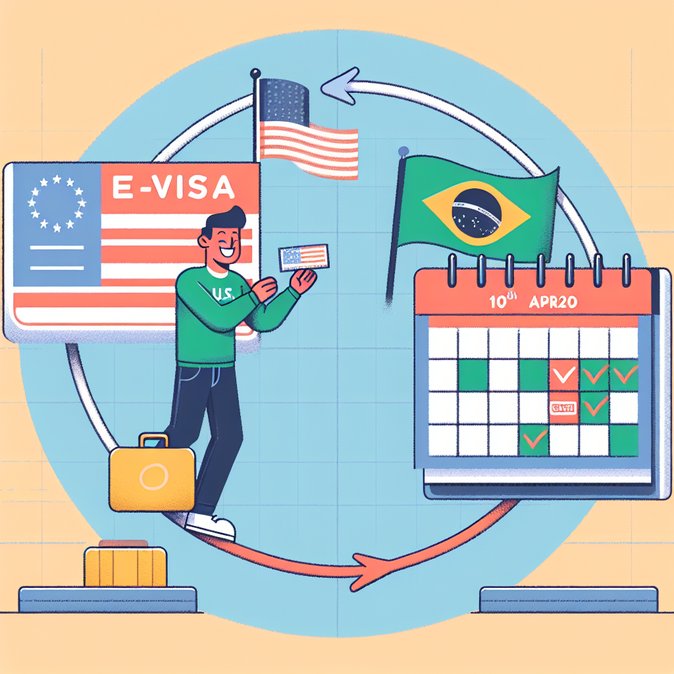
Although Brazil announced back in April that it would reinstate visa requirements for U.S., Canadian and Australian nationals, many U.S. travellers—and even corporate travel teams—missed the memo during the long compliance grace period. With the 10 April 2026 enforcement date now less than six months away, U.S. expeditor Passport Express chose 22 October 2025 to launch an awareness campaign and dedicated e-visa help-desk.
The Roswell, Georgia firm, which has served Fortune 500 mobility programmes for two decades, says inquiries about Brazil have tripled since August. “Clients assumed the waiver would be extended again, but Brasília has drawn a red line this time,” owner Maria Carriedo told reporters. Under Decree 12 / 2025, U.S. citizens must either apply for a traditional consular visa or use the relaunched electronic visa platform (expected to go live in January).
From a corporate-mobility perspective, the key takeaway is lead-time. The Brazilian Foreign Ministry estimates standard processing at 10 business days once the portal opens, but peak-season surges ahead of Rio’s Carnaval could stretch that. Passport Express is advising multinationals to audit all travel to Brazil for Q2 2026—particularly short-notice technical interventions under the new Visitor-Technical rules—and to allocate budget for expediting fees.
The reinstatement also has reciprocity implications. Brazil’s move follows Washington’s refusal to extend visa-free entry to Brazilian tourists, and analysts do not expect a bilateral waiver before the U.S. 2026 mid-term elections. Canadian and Australian travellers face identical requirements, though both governments are reportedly negotiating digital visa interfaces with Brasília.
Companies with large U.S. traveller populations should update their travel-approval workflows, ensure that HRIS systems flag Brazil legs that fall on or after 10 April, and brief travelling staff on fingerprint-capture requirements at Brazilian ports of entry.
The Roswell, Georgia firm, which has served Fortune 500 mobility programmes for two decades, says inquiries about Brazil have tripled since August. “Clients assumed the waiver would be extended again, but Brasília has drawn a red line this time,” owner Maria Carriedo told reporters. Under Decree 12 / 2025, U.S. citizens must either apply for a traditional consular visa or use the relaunched electronic visa platform (expected to go live in January).
From a corporate-mobility perspective, the key takeaway is lead-time. The Brazilian Foreign Ministry estimates standard processing at 10 business days once the portal opens, but peak-season surges ahead of Rio’s Carnaval could stretch that. Passport Express is advising multinationals to audit all travel to Brazil for Q2 2026—particularly short-notice technical interventions under the new Visitor-Technical rules—and to allocate budget for expediting fees.
The reinstatement also has reciprocity implications. Brazil’s move follows Washington’s refusal to extend visa-free entry to Brazilian tourists, and analysts do not expect a bilateral waiver before the U.S. 2026 mid-term elections. Canadian and Australian travellers face identical requirements, though both governments are reportedly negotiating digital visa interfaces with Brasília.
Companies with large U.S. traveller populations should update their travel-approval workflows, ensure that HRIS systems flag Brazil legs that fall on or after 10 April, and brief travelling staff on fingerprint-capture requirements at Brazilian ports of entry.

